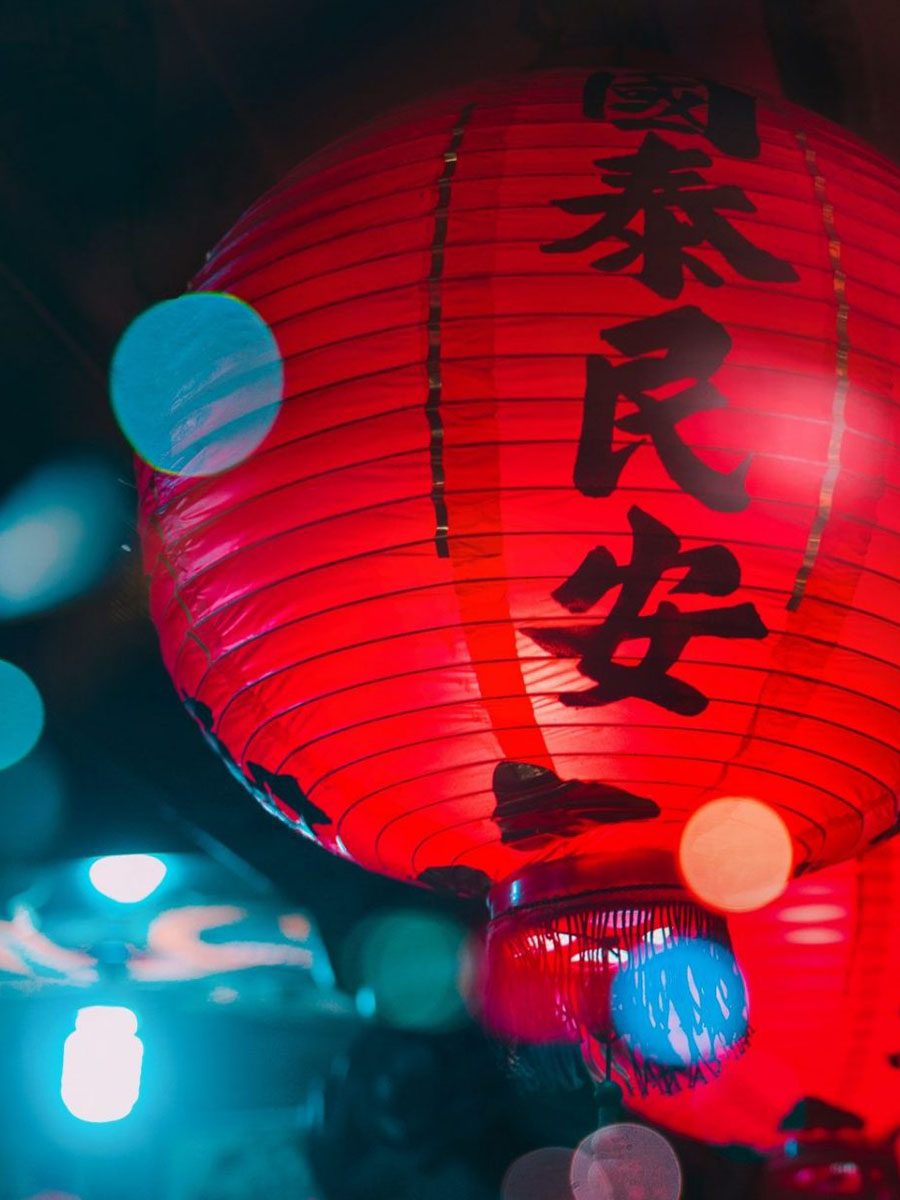Book Title: Ting Yi Ting

Book Description: An online guide that enables learners to hear and identify phonemic categories in Mandarin (including lexical tones) in a variety of phonetic contexts, and to associate those phonemes with Pinyin orthography. Includes extensive audio examples and computer-graded comprehension checks.
License:
Creative Commons Attribution NonCommercial
Contents
Book Information
License
Ting Yi Ting Copyright © by Sheree Willis and Yan Li is licensed under a Creative Commons Attribution-NonCommercial 4.0 International License, except where otherwise noted.
Subject
Phonetics, phonology

